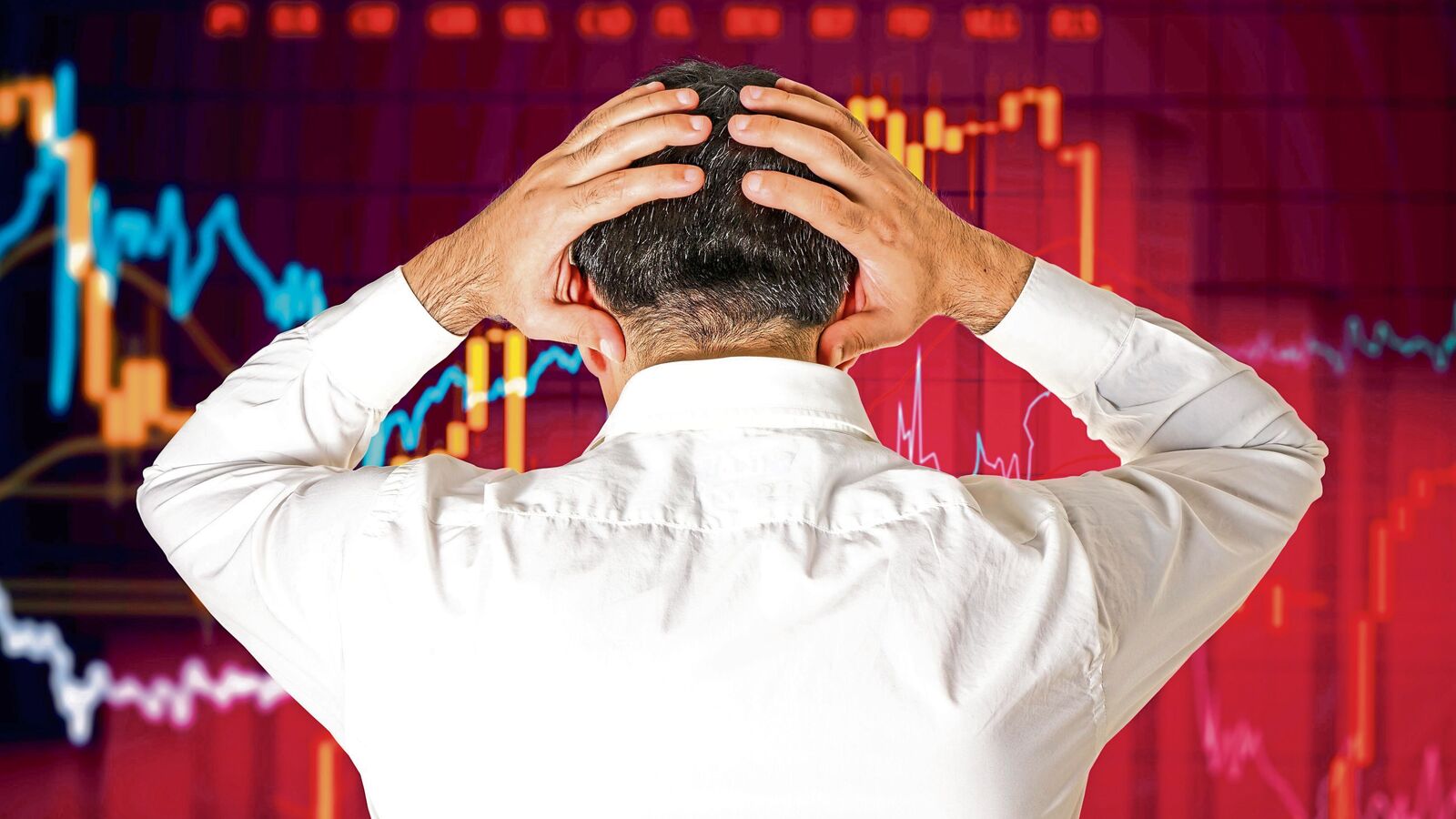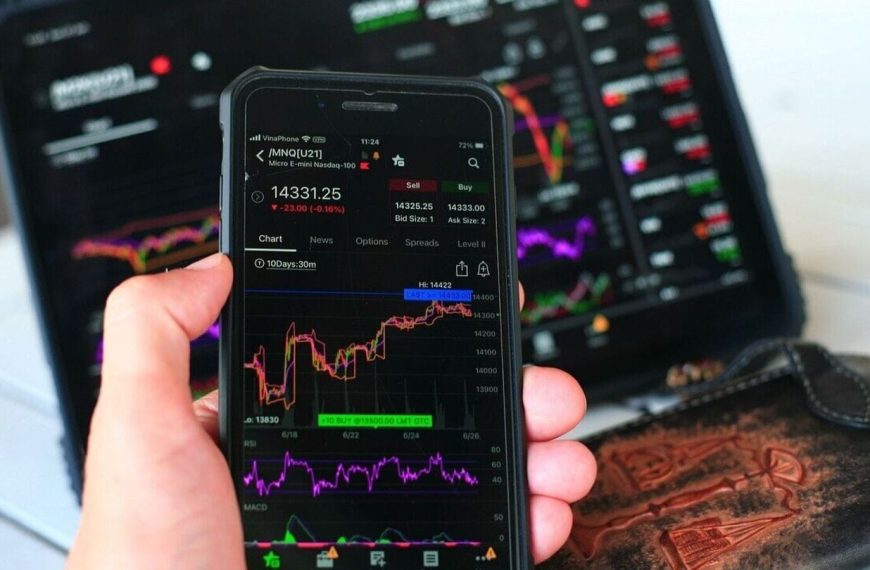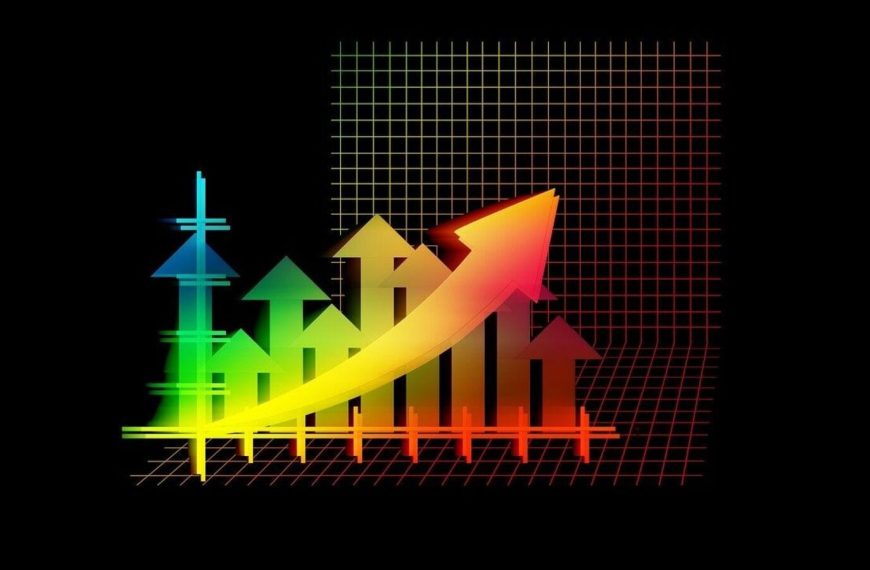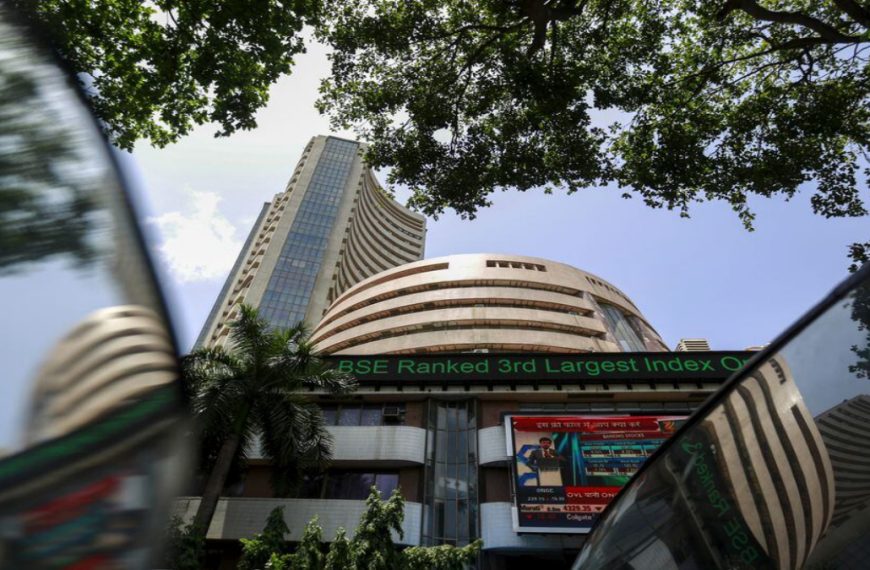Global Stock Markets Plunge Amid Escalating U.S.-China Trade Tensions
In a significant downturn, global stock markets experienced a steep decline on Wednesday, April 9, as Dow Jones Futures plummeted over 2% before the U.S. market opened. The catalyst for this unsettling movement was an announcement from China, declaring an increase in additional tariffs on U.S. imports to an eye-watering 84%, effective from Thursday, April 10. This bold move comes in direct response to U.S. President Donald Trump’s declaration of a staggering 104% tariff on Chinese goods.
China Responds to U.S. Tariffs
In an official statement, China’s Commerce Ministry expressed its firm stance against the escalating trade war, stating, “If the U.S. continues to intensify its economic restrictions, China is fully prepared to implement necessary countermeasures and will fight until the end.” This declaration has sent shockwaves through global markets, igniting fears of a prolonged trade conflict.
- Dow Futures: Dropped to 36,818.79 points from 37,577.14 points.
- European Markets: Suffered substantial losses as investors reacted to the tariff news.
European Markets Hit Hard
The ripple effect of China’s tariff announcement was felt across Europe, where major indices faced significant declines. The UK’s FTSE 100 index nosedived nearly 4%, trading at 7,603.25 points, down from 7,910.53 points. Similarly, Germany’s DAX index fell over 4%, settling at 19,453.56 points, a stark drop from 20,280.26 points. The CAC 40 index in Paris also suffered, trading at 6,825.79 points, down from 7,100.42 points.
The U.S.-China Tariff Saga
The roots of this escalating tariff dispute trace back to April 2, when President Trump announced reciprocal tariffs targeting multiple nations, including China. China retaliated shortly thereafter, implementing 34% additional tariffs on U.S. imports. This prompted a wave of investor panic, resulting in a market sell-off that led to a crash on April 5.
On April 6, Trump issued a stern warning, threatening to escalate tariffs to 50% if China did not reverse its newly imposed tariffs. By April 8, the White House confirmed the implementation of an additional 50% tariff on Chinese imports, raising the total tariff to 104%.
White House Comments on the Tariff Strategy
Karoline Leavitt, White House Press Secretary, commented, “Retaliation from China was a mistake. When America is challenged, we respond with greater force. Therefore, the 104% tariffs will be in effect tonight… If China is willing to negotiate, we are open to discussion.”
This developing situation underscores the fragility of global markets amidst rising protectionist measures between the U.S. and China. As tensions heighten, investors remain on edge, closely monitoring any shifts in trade policy.
For more insights on U.S. market trends and analysis, visit our U.S. Markets news section.











